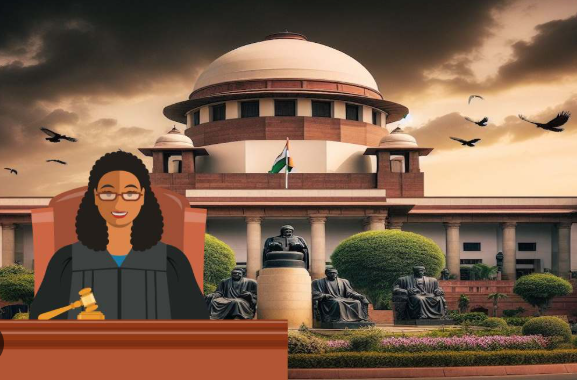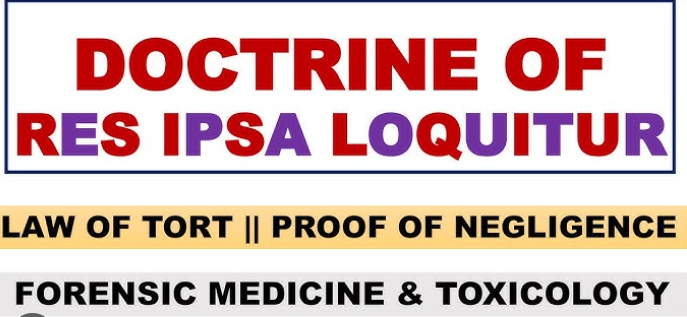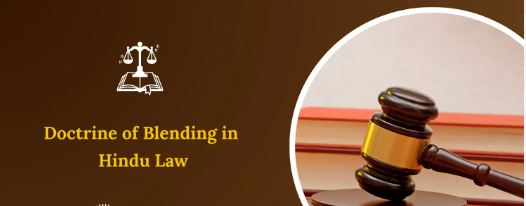Supreme Court: 3-Year Practice Rule Not for Ongoing Judicial Recruitment

On May 20, 2025, the Supreme Court ruled that the 3-year minimum practice condition for entry into judicial services stands restored. However, this requirement will apply only to future recruitment notifications and not to those already issued by State Governments or High Courts before this judgement. Chief Justice of India BR Gavai, while pronouncing the verdict, stated: “The minimum practice requirement […]








